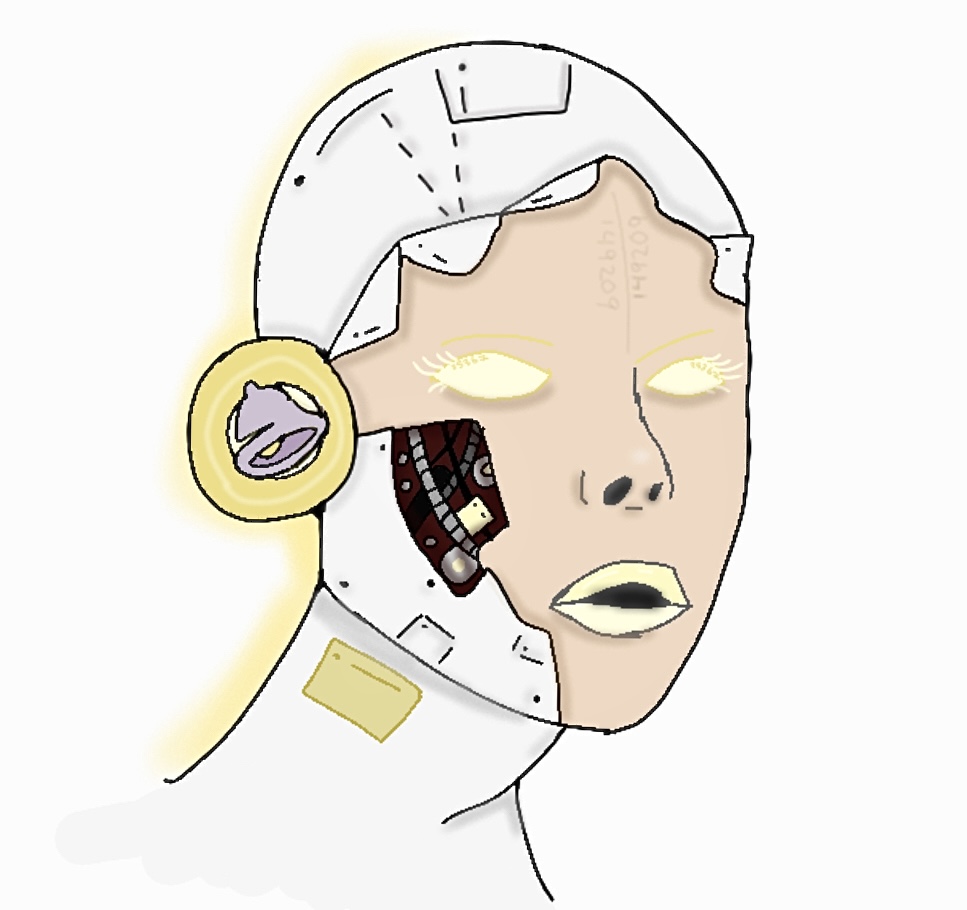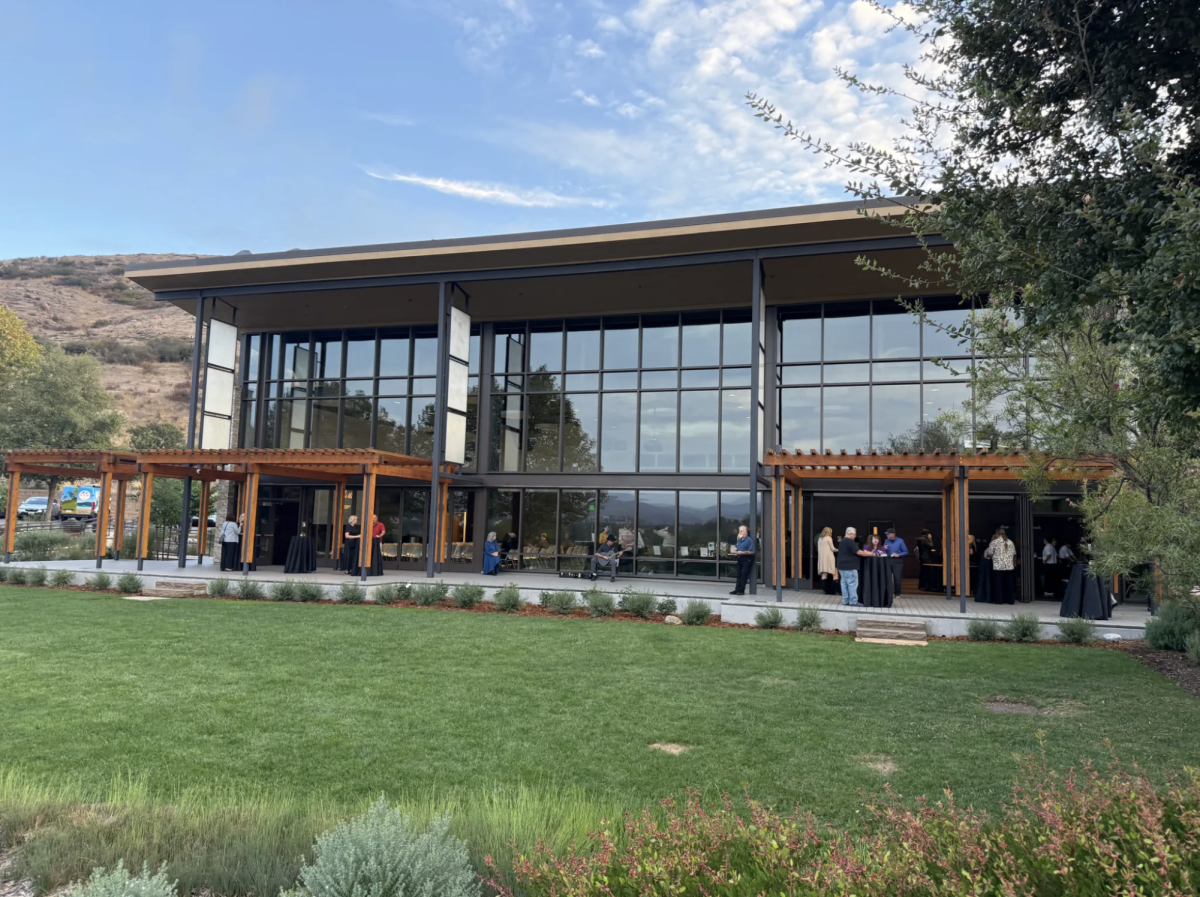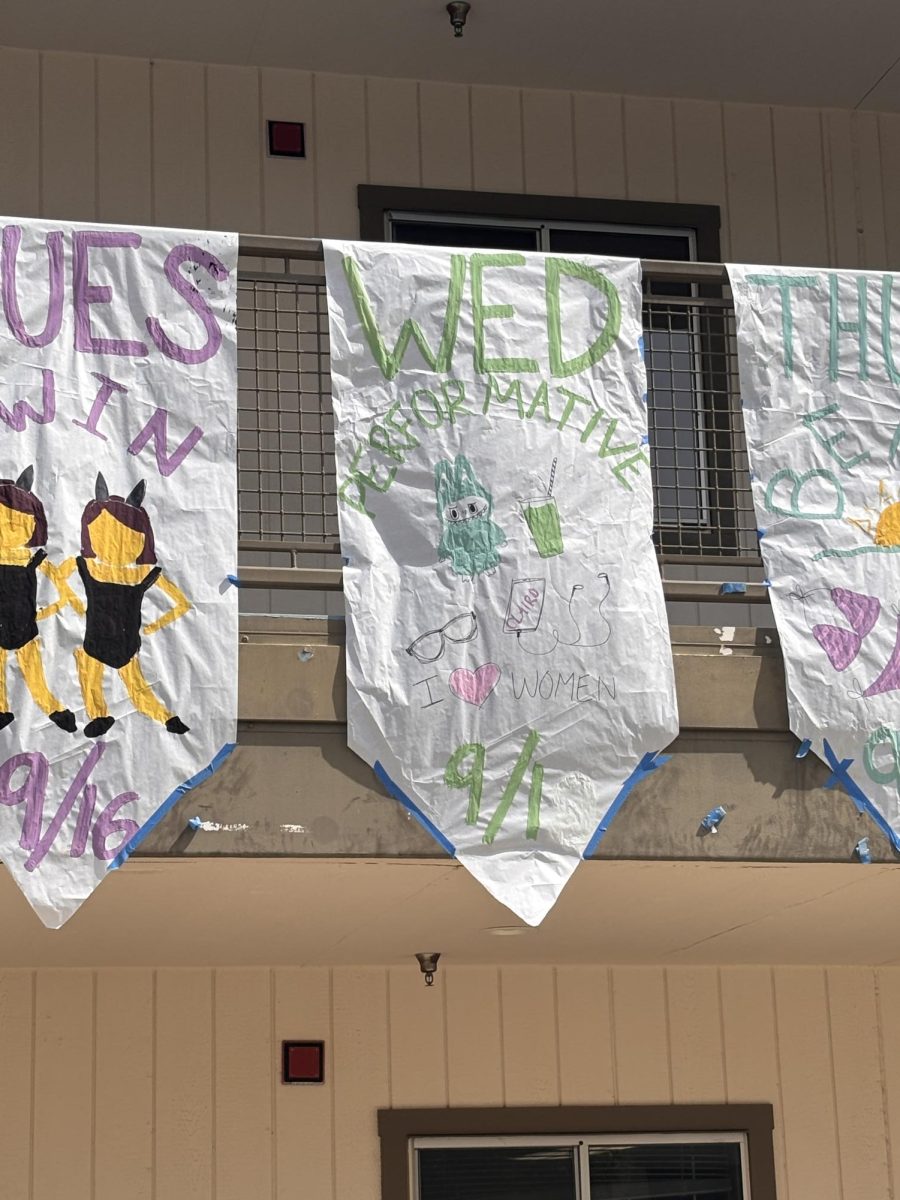Days before the Oak Park High School academic year began, students excitedly attended registration to enroll in their various courses. However, as OPHS students came to collect their textbooks, many were surprised to find out that there weren’t any left for them to borrow.
“In World History, I didn’t have a textbook for the first three weeks of school,” sophomore Tanvi Patil said. “I had to use the online version or borrow from someone.”
For many courses, textbooks are an essential part of learning material and studying for quizzes or tests.
“Every student is unique, and that’s why I try to provide a variety of ways for students to process the information,” AP Biology teacher Winnie Sloan said. “I think if a student is a reader, then they need to have some sort of textbook, whether it’s digital or paper.”
Not having access to these resources can affect some students’ studying abilities and therefore their performances.
“I use my textbooks a lot to study, especially for Biology and World History,” sophomore Rishi Prabhu said. “Because I didn’t get them at registration, I had to use other resources for my first few tests in those classes.”
Fortunately, OPHS has done the best they can to obtain additional textbooks, many of which arrived over the past few weeks.
“OPUSD Staff works to have new books ordered, shipped, barcoded and distributed to students at registration. When issues in the publishing company occur, we work with the vendor to minimize the impact of delays by providing digital copies to students,” Assistant Principal Natalie Smith said.
Smith explained the reason behind the textbook shortage.
“A small number of other classes had a shortage due to summer school class changes, new student enrollment over summer, or changes to class offerings– namely the ASL program this school year, ” Smith said. “[However], all of these classes had either a digital textbook available or an alternative text chosen by the teacher until the shipment arrived.”
In general, issues like this tend to be unavoidable.
“While we aim to anticipate changes with current books that aren’t changing from one school year to the next, unforeseen changes over summer such as summer school classes, new student enrollments or changes in courses offered will play a role as we open the new school year,” Smith said.
Further, students can help prevent this from happening in the future.
“Students can also assist us by turning in all textbooks prior to the summer break and by keeping the school updated on their summer courses, particularly when a class they stated they would complete is no longer happening,” Smith said.
Additionally, many teachers have structured their learning material in order to give students some type of alternative to their textbooks.
“My students were able to use the Honors Bio books to support themselves in the AP curriculum, because it’s the same author,” Sloan said. “I [also] have Unit Master Hyperdocs that I use that are full of support. For my students, I know it might have been uncomfortable not to have a textbook, but I don’t think they were at a disadvantage at all because we had secondary support material for them.”
Students and teachers alike were affected by the lack of textbooks, but both groups have done their best to adapt.
“I think all students should have the opportunity to have resources that they can pass through at their own pace for them to help them process the material and learn to the best of their abilities,” Sloan said.








